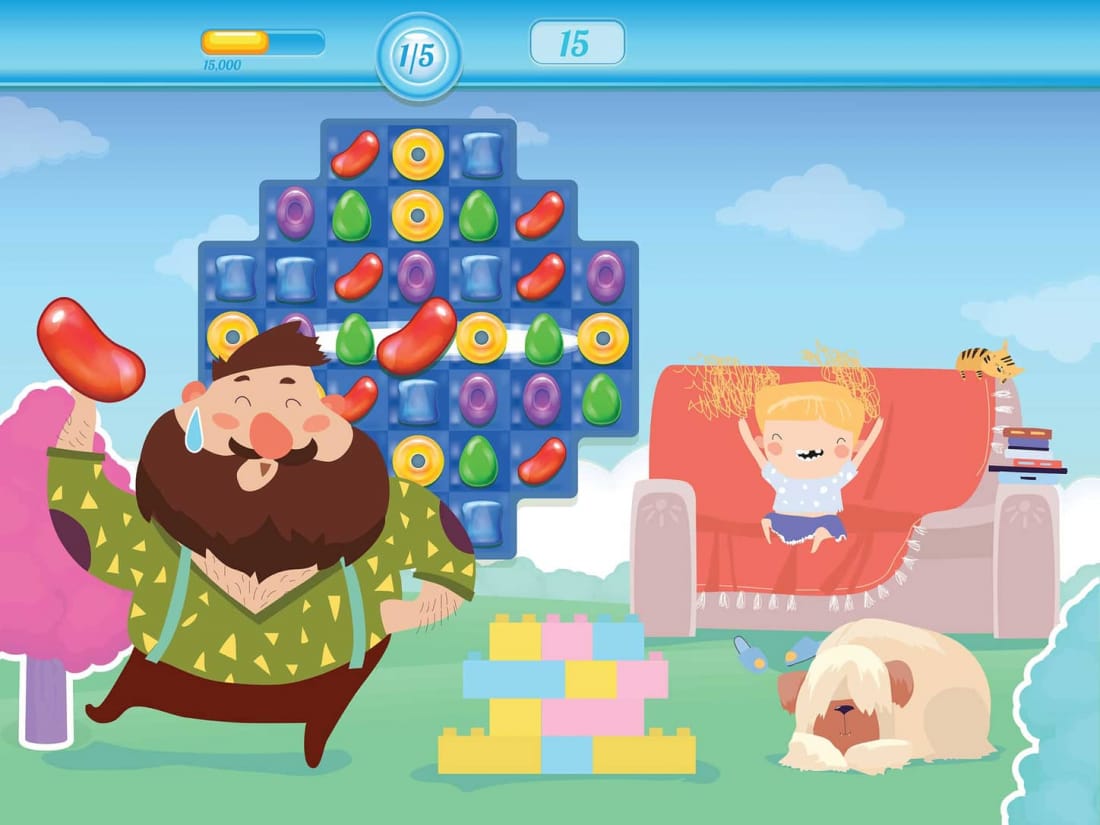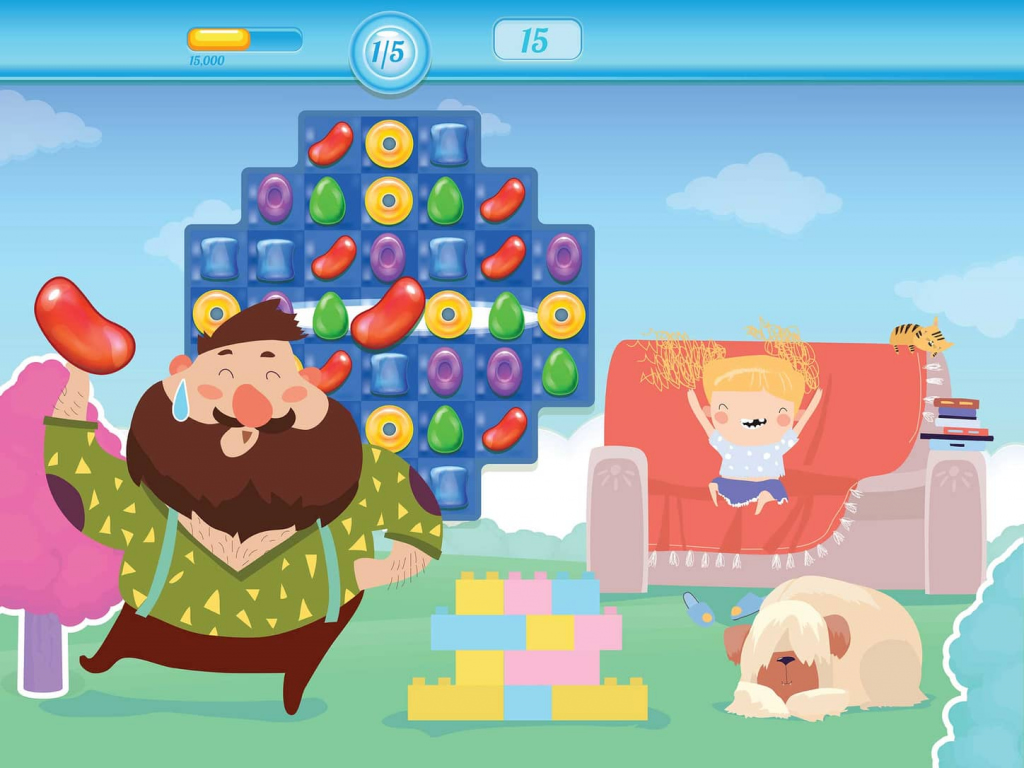
Yesterday, my daughter Hana showed me a pink, glittery rubber ball, asking with a 5-year-old’s sigh of nostalgia: “Remember that? I got it at a restaurant.”
I replied: “I remember. I hope we can go to a restaurant again soon.”
Matter-of-factly, she set my head straight: “Me too. But I don’t think so.”
They grow up so fast, especially in the last couple of weeks. These days, Hana is staying home most of the time. That is not as obvious as it sounds. Not too long ago, I was bragging about her very cool preschool staying open against governmental recommendations. Even after the official state-of-emergency declaration, they haven’t changed their stance. Recently, however, the situation has turned into a game of chicken between the school and us.
My wife and I blinked first and took Hana out voluntarily.
“She has adapted to life in quasi-quarantine surprisingly well”
Although she loves her school, she has adapted to life in quasi-quarantine surprisingly well. She has gone from weekly video calls with her grandparents in Germany to full-blown Skype superuser in no time. The German class she attends once a week, as well as another regular playdate, has gone online without a hitch, with up to 10 kids aged 4 to 6 rambling on in front of their screens for almost two hours without showing significant signs of fatigue. We have also set her and a friend up with a private English teacher for one hour every morning, so she doesn’t forget the third language she picked up accidentally at her international preschool.
All of this is not only meant to educate and entertain my daughter, but also to give me time to honor my professional duties. It works much better than I ever could have imagined. After their English teacher signs off, Hana and her friend stay on the call and play together. They mostly play with Lego, and with most of their Lego creations outside of the camera view. It doesn’t bother them at all. The power of imagination, I suppose. Will a set of imaginary Lego be enough for Hana’s next birthday, then?
When I realized they can keep each other busy online without parental guidance, I wondered how long this blissful moment might last. Can they do an hour? Maybe almost two, freeing my morning until lunchtime?
Well, their record so far stands at an uninterrupted seven hours and four minutes. Anything under four hours can be considered unusual. They play together, eat together, go to the bathroom together (yet separately). Like girlfriends would.
Candy-crushing it
To not make Hana’s enjoyment of her homestay too dependent on her friend, I also tried to broaden her horizons regarding video and computer games. She has already mastered several restaurant and nail studio simulations on her tablet, so I introduced her to a spelling game on PlayStation, and we both debuted in Candy Crush.
I consider myself a casual hardcore gamer, meaning I only play occasionally. If I do play, I prefer complex games with convoluted inventory screens, complicated skill trees and extra points for whacking my enemies silently from behind. I always considered so-called casual games beneath me, not worth my time. I had heard of Candy Crush, although I wasn’t sure what exactly it is.
“It’s not my fault I became the No. 1 player among my Facebook friends”
I’m still not sure, but I’ve just cracked level 40, and it’s certainly a lot of fun. Hana thinks so too, yet she doesn’t like to play by herself. She mostly enjoys watching me go at it. So, it’s not my fault I became the No. 1 player among my Facebook friends (suckers), according to the in-game, high-score ranking. My daughter made me do it.
I try not give in to temptation too much, though. One day, when adult Hana is questioned by journalists or therapists about her childhood, I don’t want her to answer: “My fondest memory is sitting on our couch with my father, watching him play Candy Crush on the big screen, while the world outside was suffering through a historic health crisis.”
Shattered Lego Dreams
This morning, Hana asked: “Daddy, what are you going to do today?”
I was a little confused by the question. Surely by now, she knows that our options are limited? “Well, I will set you up with your Skype posse, then I have to work a bit, and later we can try our luck at finding a playground that is open and reasonably empty. Just like yesterday, and the day before yesterday, and…”
“No, I mean: What would you like to do, even though you can’t?”
“Oh, I’d like to go to the movies, visit a bookshop, have dinner at a restaurant…” Even one of those where the main selling point is that they give away free toys.
She opened her Lego box. “Okay, I will build it for you.”
I was so touched. When she was done, however, her creation didn’t resemble any of the places I mentioned. Careful not to hurt her feelings, I guessed: “Is that… a movie theater?”
She looked at me like I was stupid. “No, it’s a robot bear.”
“But I thought you said…”
“I changed my mind. Robot bear is better.”
And once again, my 5-year-old daughter set me straight: At the moment, we have to accept that we can’t always have what we want.









